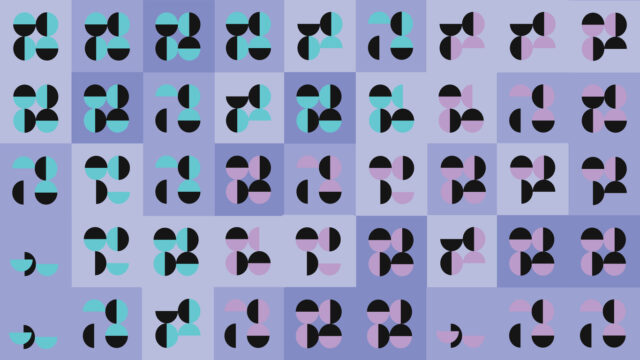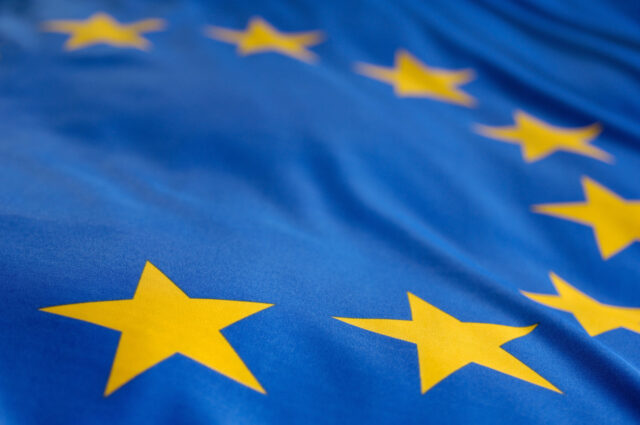Public procurement of medical equipment has, in the last few years especially, emerged as a complex, vital, and controversial topic. Now, small nations are experimenting with collective procurement in order to redress the inequalities that defined the COVID-19 pandemic response.
COVID-19 vaccine procurement highlighted medical procurement inequality
The vaccines developed to inoculate against the coronavirus were the fastest-developed vaccines in history. In many ways, the speed and scale at which theCOVID-19 vaccine was carried out was a triumph. The effort was the “largest and most complex vaccine rollout in history,” according to WHO Regional Director For Africa, Dr Matshidiso Moeti. Today, healthcare organisations around the world have administered more than 13.5 billion doses to patients.
However, from the earliest days of the vaccine rollout, distribution efforts faced criticism for highlighting the unequal access to medical supplies that persists between ex-coloniser states in the Global North and their former colonies in the developing world. In September 2021, WHO Director General, Dr Tedros Adhanom Ghebreyesus, pointed out the inequality in vaccine administration. While “more than 5.7 billion doses have been administered globally … only 2% of those have been administered in Africa,” he noted.
Three years later, more than 70% of people around the world have received at least one dose of the vaccine. However, the vaccinated portion of the population in low-income countries is just 32.7%.
COVID-19 vaccines were the rule, not the exception
COVID-19 vaccines are a unique (one hopes) case in many ways. But the glaring disparity between the ability for low-income countries in Africa and Latin America to procure doses of the vaccine and wealthy nations in Europe and North America is not unique to Pfizer and Moderna.
In a 2023 article by researchers at Debre Markos University in Ethiopia, authors Anderaw Yanet et al argue that “the availability and affordability of safe, effective, accessible, and high-quality essential medicines” represents a “critical benchmark” in measuring population health. Their conclusion: that in Africa, the availability and affordability of essential medicines face numerous challenges. Chief among them, they highlight “unaffordable prices and non-availability of medicines” for many people throughout the continent.
Larger nations like Ethiopia, Uganda, and Ghana experience systemic struggles when it comes to procuring medical supplies from overseas. For smaller nations with significantly less buying power, the problem is even worse. Many countries, especially small, ex-colonial islands in the Carribean and around the coast of Africa, struggle with medical procurement. The barriers to this are both logistical and financial, as public procurement teams lack the funds and organisational impact to compete with larger nations for materiel.
Collective buying for small African islands states
Last month, a pooled procurement program comprising Cabo Verde, Comoros, Guinea-Bissau, Mauritius, Sao Tome & Principe and Seychelles, that form the Small Island Developing States (SIDS) from Africa elected Mauritius as host. The decision, reports the WHO, is a critical step towards launching “joint operations for increased access to affordable, quality-assured and safe medicines and medical supplies.”
The program aims to coordinate the purchase of selected medicines and medical products affordably, harmonise medicines management systems, improve supplier performance and reduce procurement workload.
“As a collective we have come together to explore different ways of working so we can make our voices heard in all the important global arenas. Even if we don’t always have the capacity on our own, through SIDS we can do it. We may be small, but we can be big in our actions,” said Hon Peggy Vidot, Minister of Health of the Seychelles. If the program is a success, it could see more small nations group together to collectively improve their purchasing power.











